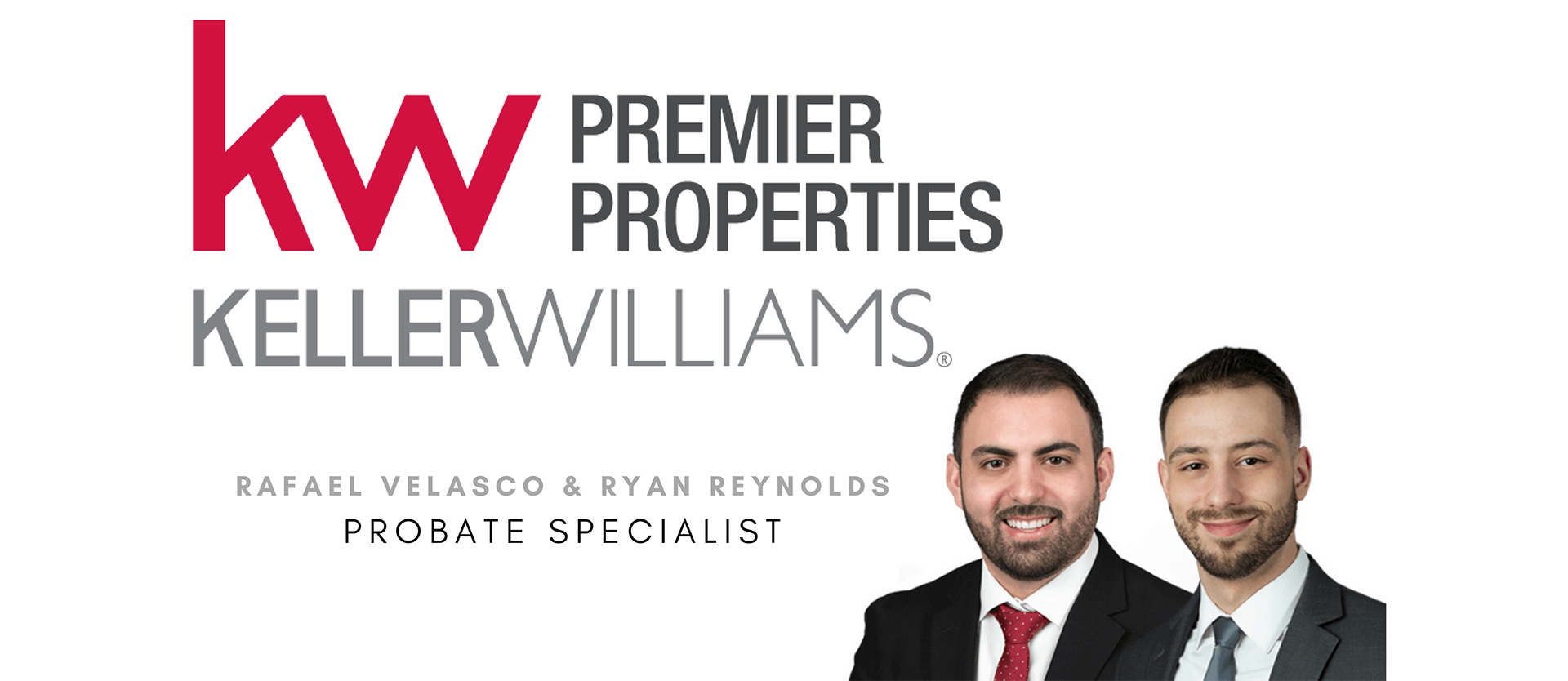When someone dies, there are many decisions to make. One of the most important is whether or not you need an attorney for your estate. This blog post will help answer that question and give you some tips on how to handle your estate.
It’s critical to understand that being an administrator is a big job and responsibility. As a result, you may be wondering whether you’ll need the assistance of an attorney to settle your estate. There are obvious cost differences, advantages, and disadvantages. The biggest benefit of doing it yourself is that you may save time and money, but not everyone should. Let’s discuss who should hire an attorney and who shouldn’t.
Those who do normally need a probate attorney include
- Those who have real estate held in sole ownership by the decedent.
- Those who have total assets greater than $100k, not including those assets with the transfer on death.
- Those who have a business or other large assets to transfer.
I advocate that most people obtain legal counsel to finalize an estate that has to go through probate.
Those that don’t normally need an Attorney.
Normally estates that don’t need an attorney are those who don’t need to go through the probate process. This includes assets that pass to heirs by contract, through joint ownership, or beneficiary designations. The amount of time and money needed will change depending on how simple your estate is. You should always hire an attorney if you want help making decisions regarding financial arrangements, pay debts before the creditors come calling, keep someone else from taking advantage of the estate. Here are examples of those that don’t need an attorney.
- If an estate has no real property or less than $100k in assets, it does not require probate.
- A small estate is defined as one with a value of less than $100,000 in Illinois.A small estate affidavit, for example, is what you must fill out if you have a small inheritance.
- Another example of individuals who do not need to hire an attorney is those with a solid estate plan, such as a trust.
Although you may complete the probate procedure without an attorney, it is uncommon; less than 5% of all estate transactions completed in probate court are settled without the aid of an attorney. To do the probate oneself is known as probate prose, which means without the assistance of an attorney. Although performing the probate prose is not typically advised, it may be seen in a few circumstances.

Those who execute their own estates
- Have an easy estate and the administrator has either done the probate procedure previously or is extremely knowledgeable about it.
- Single Heirs have a lesser chance of litigation than joint heiresses, and they are sometimes unaware of the probate process. This is due to the fact that a single beneficiary estate has a reduced chance of litigation. You should be well-versed with the probate procedure before attempting it on your own, however there’s no avoiding it.
- The third and last frequent reason why probate is pro se is that one of the beneficiaries or heirs is himself or herself an attorney.
At the end of the day, I advocate that most people obtain legal counsel to finalize an estate that has to go through probate. Why would you take the risk with something you’ll only do once in your life? Most administrators and executors I encounter have demanding work schedules too. Most organizations are already busy, and there’s plenty to accomplish. This is why I typically urge individuals to engage the services of an attorney to ensure that everything proceeds smoothly. Hiring an attorney is similar to hiring a consultant. It’s terrific assistance if you’re new to the procedure.
If you are inheriting an estate, it is important to understand the process. The more complicated your inheritance situation is, the more likely you will need legal counsel to help guide and protect your interests. There are many attorneys available who specialize in probate law- find one that suits your needs!

